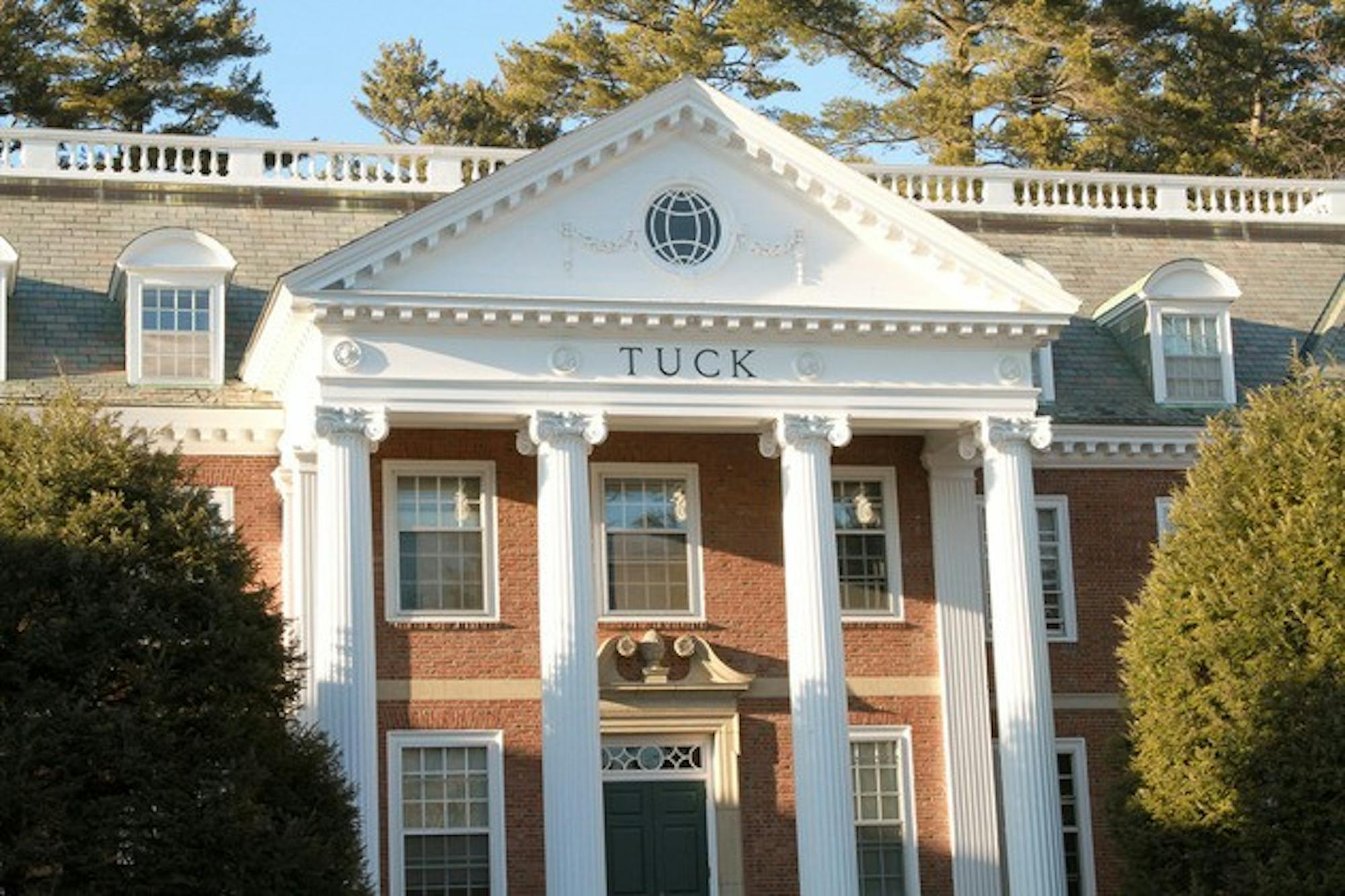The fellowship program allows students to develop models that help international development organizations scale up their operations. This year's client is Instiglio, a startup created by a team including two Dartmouth alumni that finances international development programs.
Michael Belinsky '08, a member of the first class of fellows in 2007 and a cofounder of Instiglio, said the company creates social impact bonds that allow development organizations to collaborate with service groups like non-governmental organizations. Belinsky said his time as a Paganucci fellow transformed the way he thought about international development and the relationship between the private and social sectors.
This year's fellows will work with Instiglio on issues such as reducing teen pregnancy and reducing school drop out rates in Colombia. The group will focus on questioning which policies promote the growth of "innovation hubs," conferences where social entrepreneurs demonstrate successful international development methods, Belinsky said.
The team is looking for new ways to bring social impact bonds for financing development projects to the market, fellow Keshav Poddar '14 said.
"How does the idea grow, in what regions would this be most effective?" he said.
The team plans to work in Medelln, Colombia, a city that has seen significant economic growth since it was dominated by drug trafficking in the 1980s.
The fellowship also provides an opportunity for Dartmouth students to engage with Tuck faculty members who study social entrepreneurship and various business models.
"The program encourages Dartmouth students to use the resources at Tuck to make an impact on what they're doing after College," former fellow and team leader Earth Chariyawattanarut '14 said.
Each year's group works on different projects related to governments, private organizations and non-profits, Chariyawattanarut said.
The program's "real-world" component comprises the fellows' work with Instiglio, researching the emerging market for social impact bonds in developing countries.
The program also provides skills development, allowing fellows to meet with Tuck professors to create frameworks for conceptualizing their project, develop an interviewing guide and perform primary research.
"The program is really driven by us," Poddar said. "We spend hours talking and interacting with clients, which is the best part of the program. Spending summer in this room trying to figure out what's going on and running it ourselves."
The final part of the fellowship involves networking and exposure, including informal lunches with professors and community members. Topics include professional and personal development, academics and how to apply different business frameworks.
The fellowship is an intensive eight-week course and each participant is paid $5,000.
"We spend eight to nine hours a day together and come from such diverse backgrounds," Chariyawattanarut said. "We're still learning to collaborate with each other."
Fellow Mary Peng '15 said the fellows are familiar with a standard classroom experience that requires specific answers and regular assessments. However, the fellowship allows members to take ownership of the project.
"This is difficult because this is a problem that is something that very smart people are working on as well," Peng said. "Trying to make sense of all the challenges is definitely difficult and exciting."
Seven years ago, the Sherman Fairchild foundation began working with Tuck to develop a program that would extend the school's resources to Dartmouth students, Tuck faculty director Richard McNulty said.
"The idea which has come to fruition was one to bring Dartmouth students to Tuck for an intensive team experience, focusing on social issues from a business perspective," he said.
McNulty said that programs like the Paganucci fellowship do not exist at other institutions with business schools.
"Looking at past projects, all of them have had a business angle to them, which is very intentional since the program is run out of Tuck," McNulty said.
The program has shifted its focus over the years, moving from a research-oriented approach to a "roll-up-your-sleeves" social entrepreneurship approach, he said.
During its first year, the fellowship did not have a client and instead worked with professors to develop a microfinance course for Tuck, McNulty said.
*Poddar is a former member of The Dartmouth senior staff.**##




